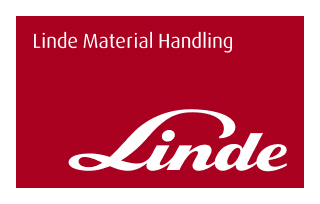- Blog
- General


Australia’s vintage season is in full swing, with farmers and their dedicated workforce grape harvesting across the nation. This period is crucial for winemakers and the wider industry, as the quality of grape harvesting directly impacts the flavour, wine composition and overall quality of the wine.
One tool they cannot go without is the forklift, a workhorse indispensable in daily operations, from moving large grape-filled bins to carefully stacking barrels for fermentation and aging in their cellars.
However, given the reliance a successful vintage season has on forklifts and other heavy machinery, consideration of the environmental impact they have is becoming more important at each harvest.
This begs the question: how can a forklift contribute to sustainability?
Increasing energy efficiency and reducing the carbon footprint is more important than ever as the world is shifting towards more sustainable practices.
This brings us to the crux of it: rethinking the machinery that ‘powers’ the vintage season.
Although engine forklifts, especially LPG powered forklifts, remain a popular option with wineries, the move to electric is increasing quickly. This move is attributed to sustainability goals, switching to renewable energy sources, and a reduction in the long-term costs.
Not all lithium-ion is created equally but when it's done right it offers a more efficient, safe, and eco-friendly alternative compared to traditional IC engine forklifts.
Switching to Linde Material Handling's advanced lithium-ion battery technology has many benefits:
Learn more on how switching to lithium-ion could benefit your overall operations here.
Inkwell Wines, a South Australian winery, has mitigated the use of chemicals through good vineyard practice and their efforts have certainly paid off. They have now been crowned as the first Regenerative Organic Certified (ROC) vineyard in Australia for being a totally pesticide-free vineyard.
The ROC program, aimed at reforming agriculture and fighting climate changes, emphasises three pillars of regeneration: soil health, animal welfare, and social fairness. By meeting all these requirements, wineries could be in line to receive an ROC certification, which could potentially become the gold standard for wineries.
How does Linde tie in with this? For the past 5 years, Inkwell Wines have been leveraging a Linde E20 Series 386 electric forklift to help them succeed in their daily operations. This follows a strategic move away from an IC LPG forklift to a battery-electric forklift, marking a reduction in their carbon footprint.
Blending efficiency with zero-emissions, Linde's lithium-ion powered forklifts are setting new standards in agricultural practices, proving that innovation and environmental responsibilities work best together.
Ready to pivot your vineyard’s sustainability and efficiency? Visit Linde lithium-ION range of forklifts, pallet trucks and more (lindemh.com.au) to take your first step towards a more sustainable future.